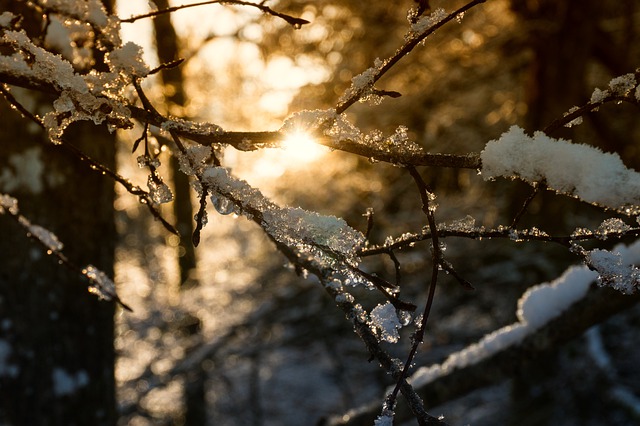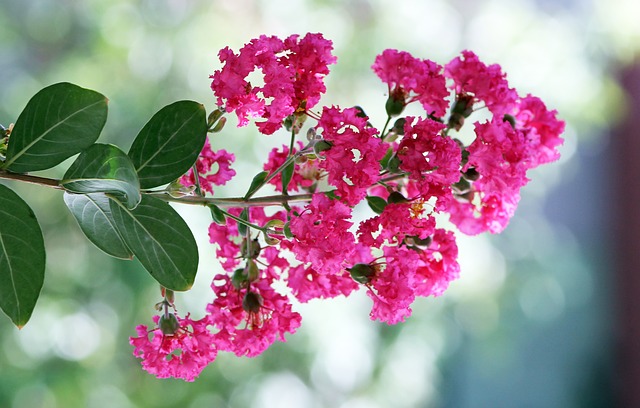
Trust Nature’s Intelligence
Plants that are well-hydrated are protected when the temperatures dip below freezing because that frozen state locks in moisture. Whereas, drier soils allow ambient air to further desiccate plant tissue to the point of burning them.
There are other contributing factors such as snow cover. It can provide a protective layer that acts as a mulch until warmer temperatures arrive.
Keep in mind that plants have an innate will to survive. They have ways of compartmentalizing winter damage in order to save the plant as a whole.

Work The Natural Recovery Process
It may be necessary to consult an arborist or horticulturist. He or she will know how and where to prune off the damaged limbs to contain the damage. This makes the tree or shrub’s reserves available to branches that are healthy enough to make use of them.
Once again, be patient. Nature often surprises us.
Choose Plants Tolerant To Your Conditions
Cultivated plants such as tender perennials and roses are usually most sensitive to frigid winters. Broadleaf evergreens in particular are expected to be the hardest hit this winter.
- Boxwood
- Holly
- Azalea
- Magnolia
- Chinese Fringe Flower (Loropetalum)
We also expect Crepe Myrtles and Abelias to have problems too.

We Can Help
If you need ideas or have a vision and want help fulfilling that vision, the Proactive Landscaping team can help turn your property into a private oasis for your entire family to enjoy.
When it comes to your landscaping, we always try to work with Nature’s intelligence to give you the most beautiful outcome possible, one that gets better as it matures. We’d love you to contact us to further discuss how.

